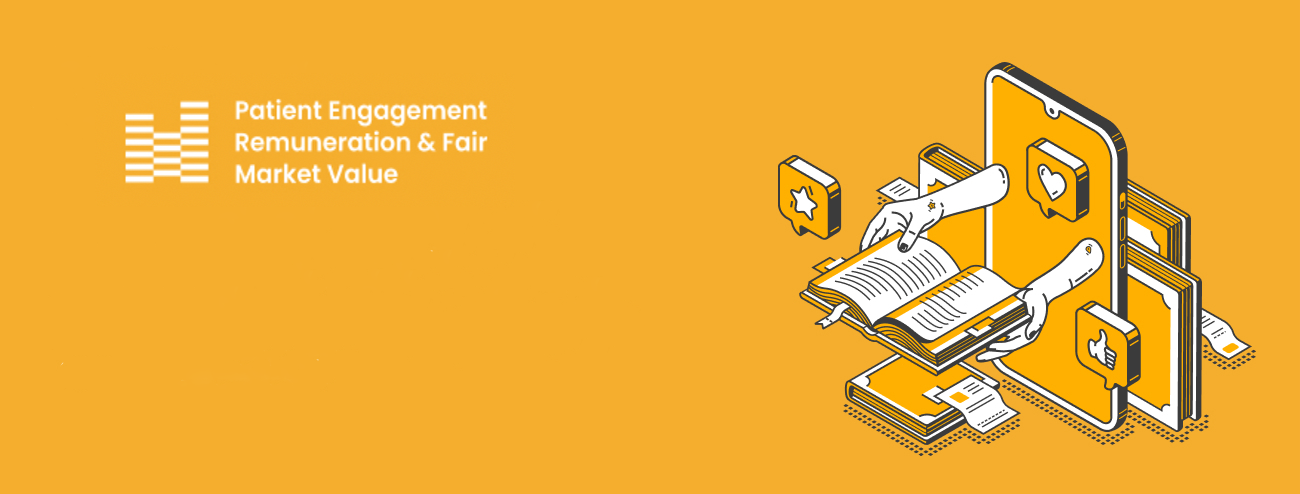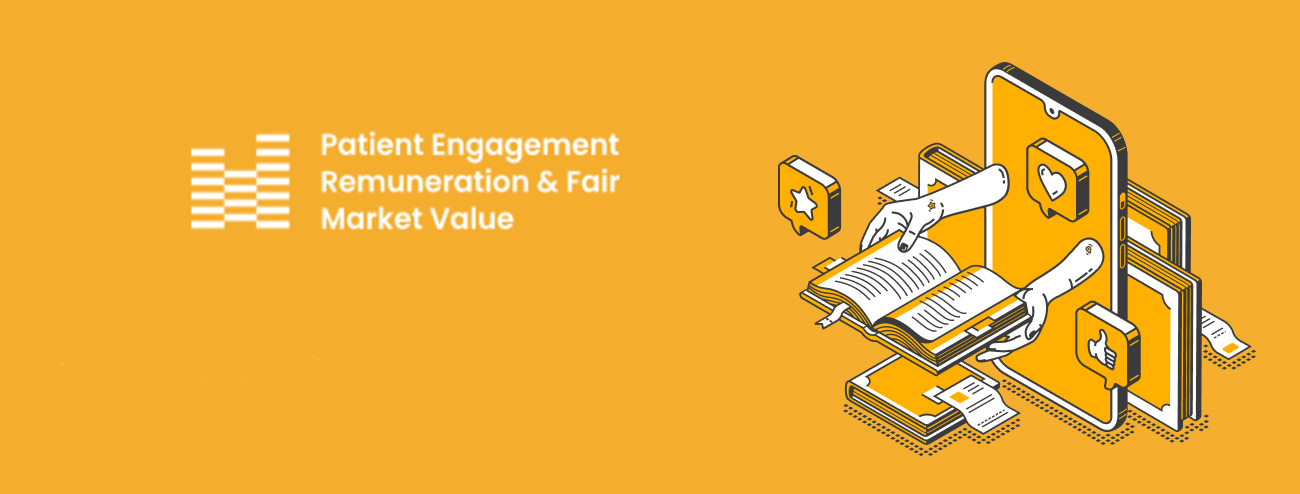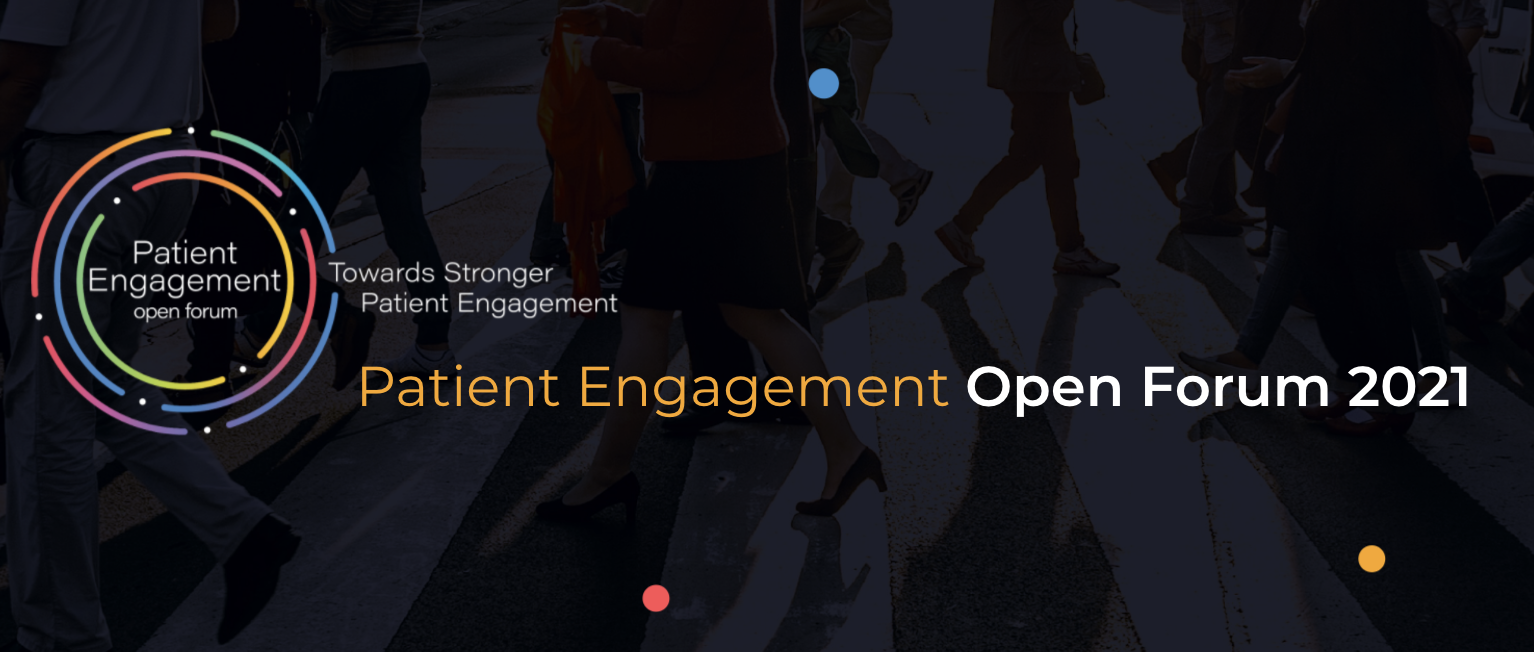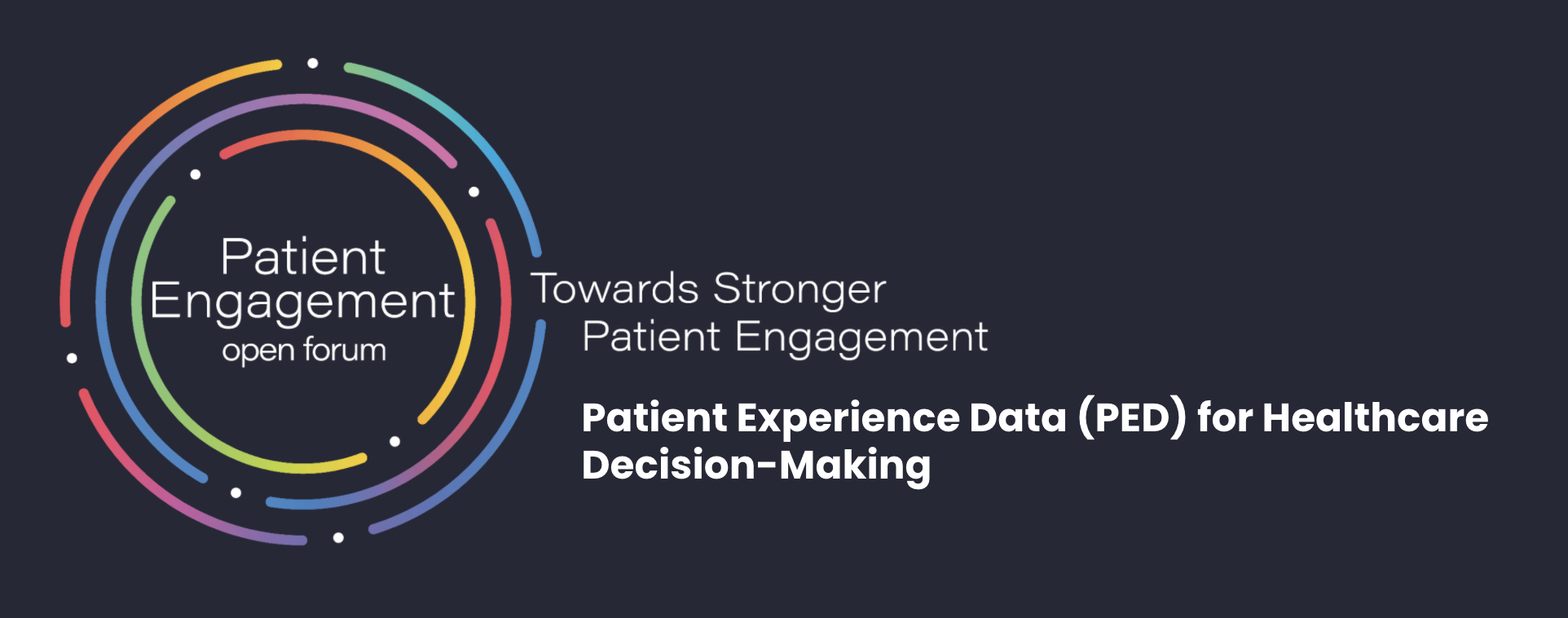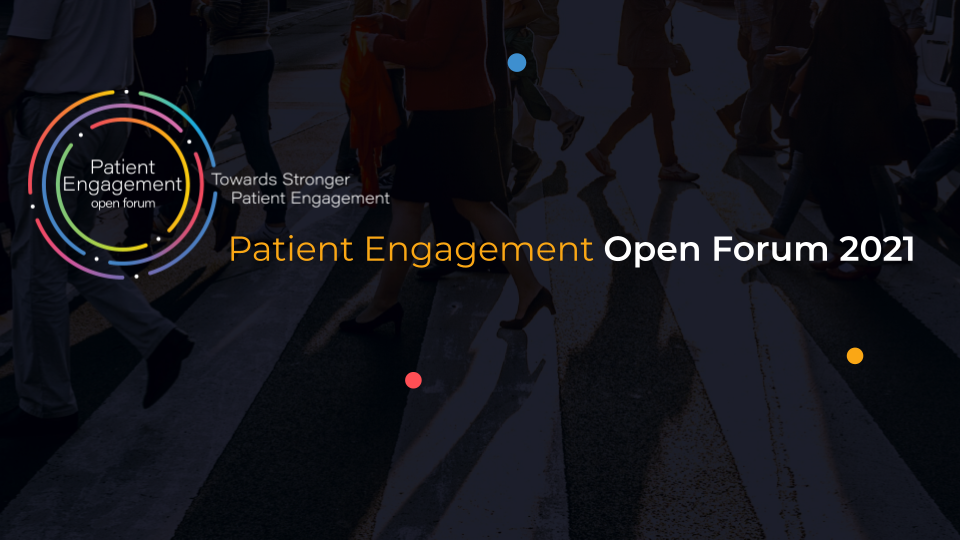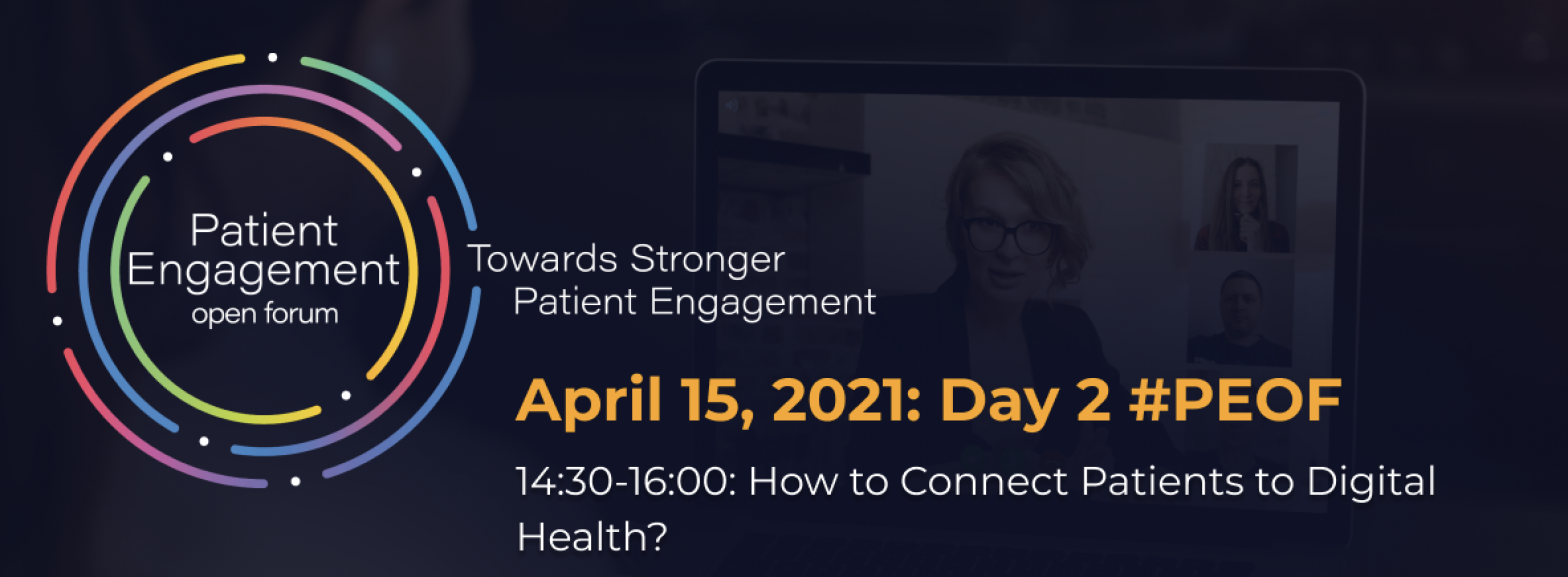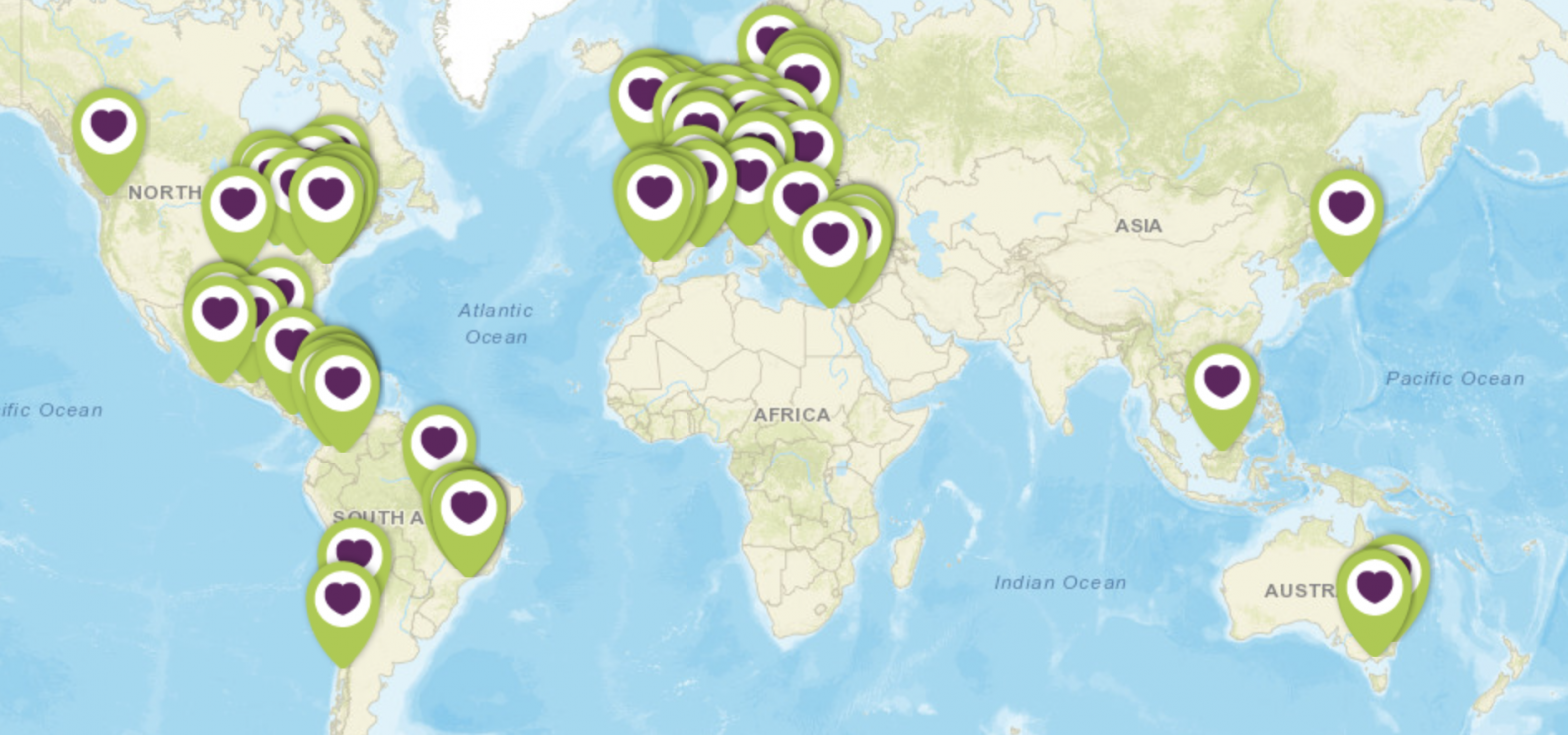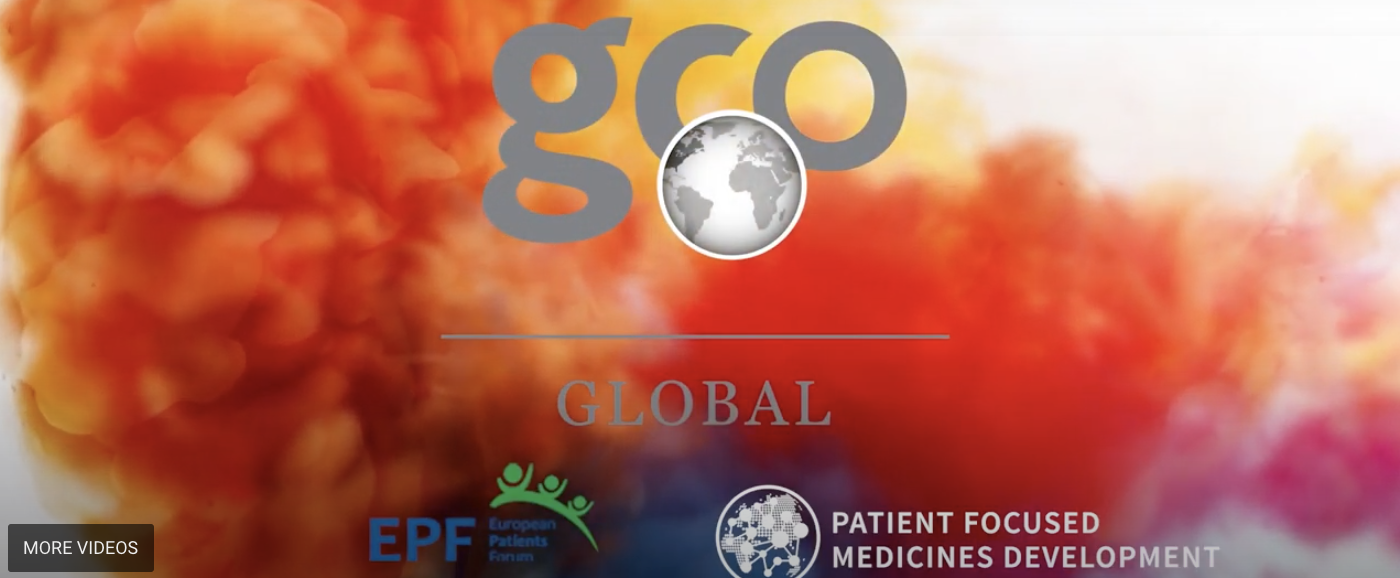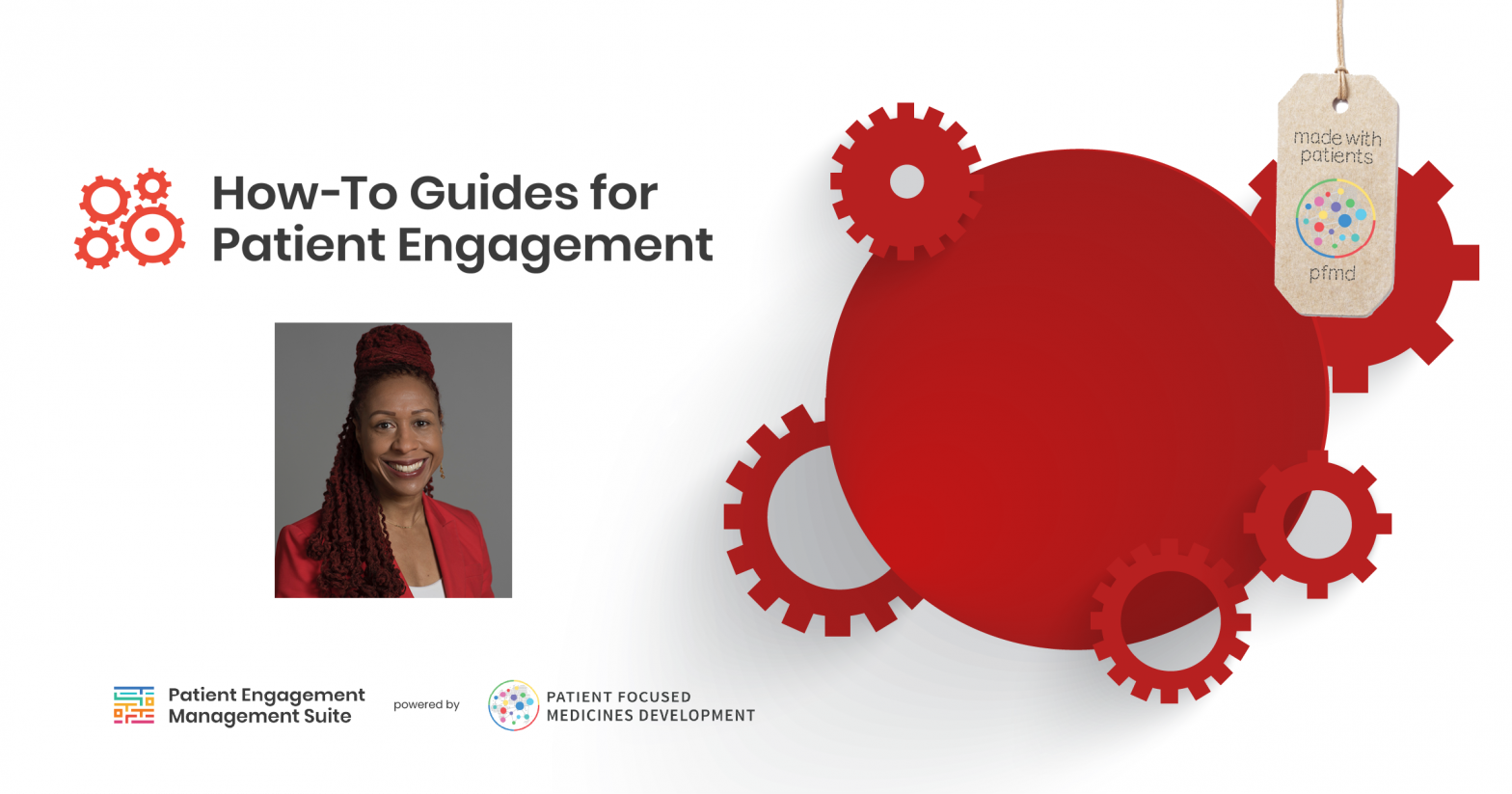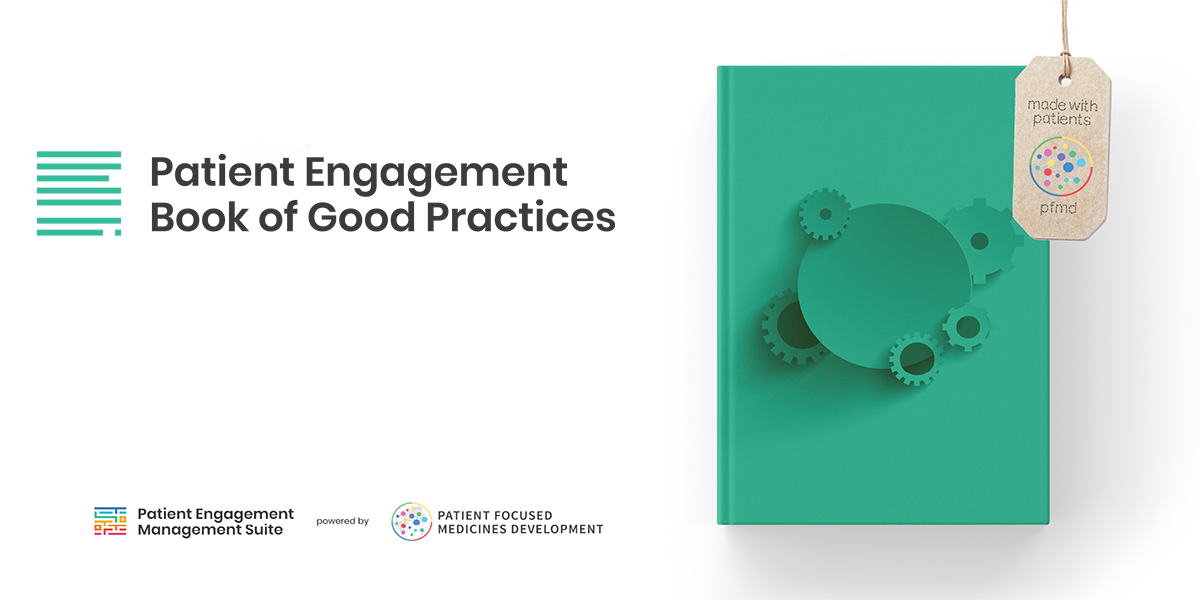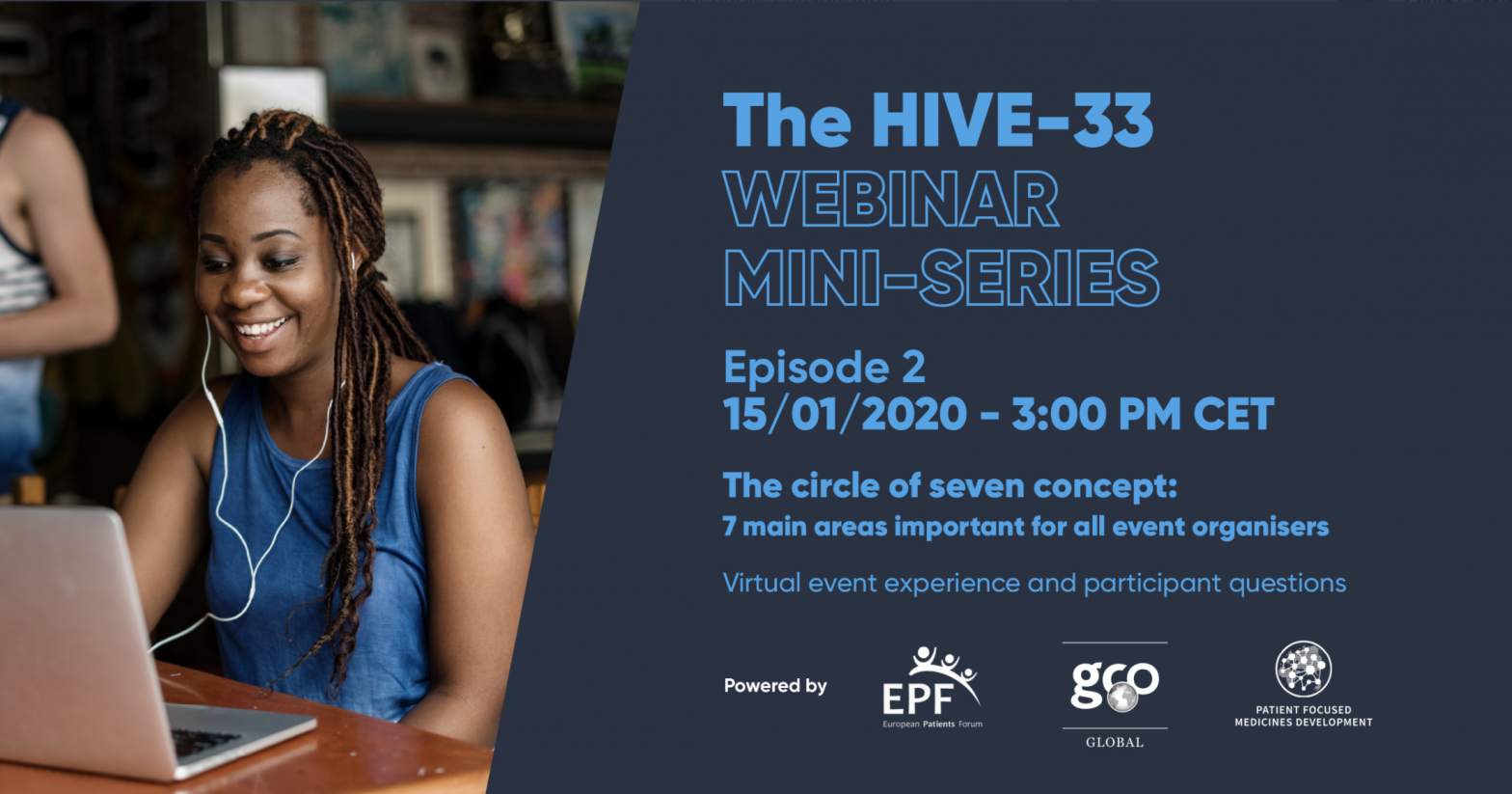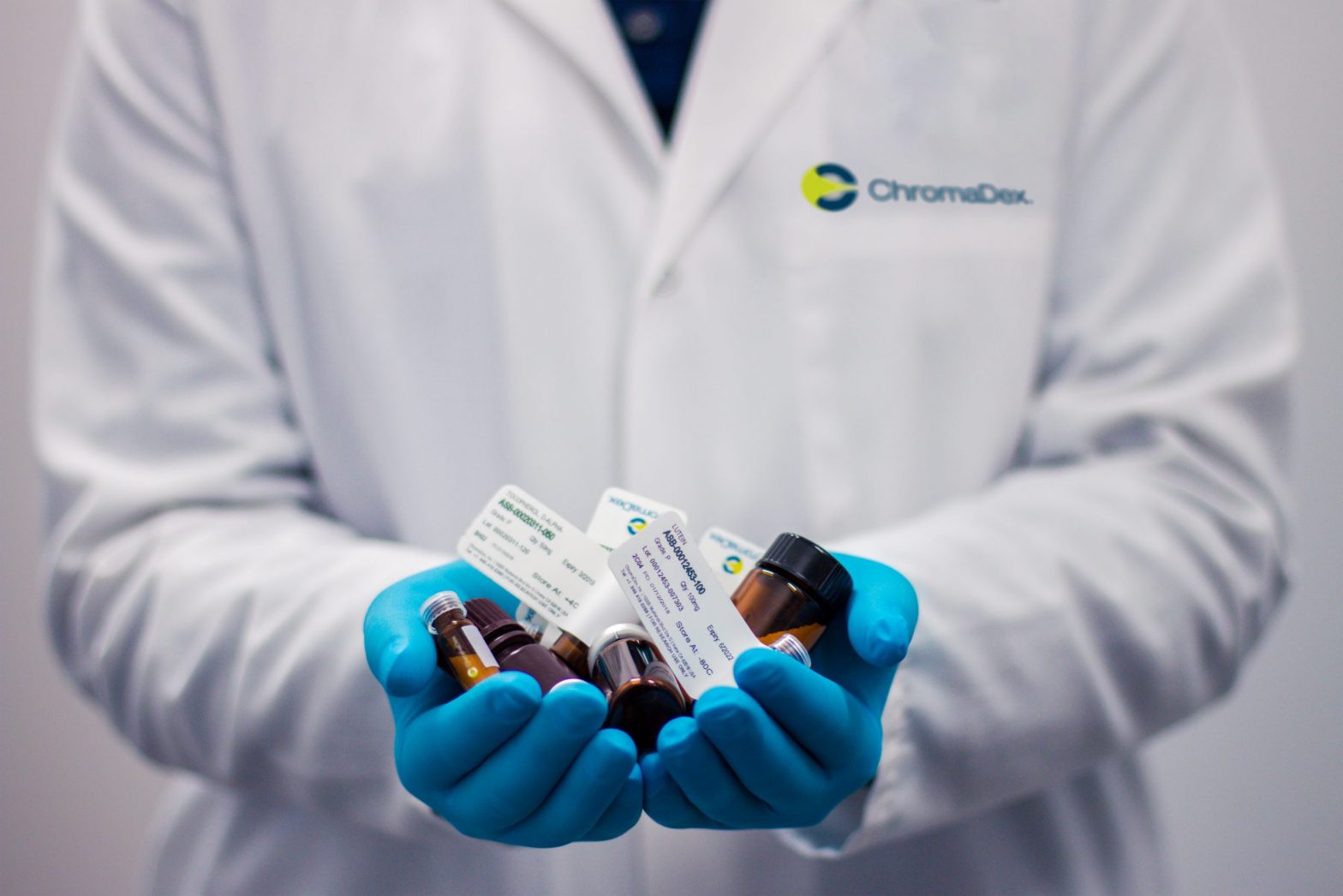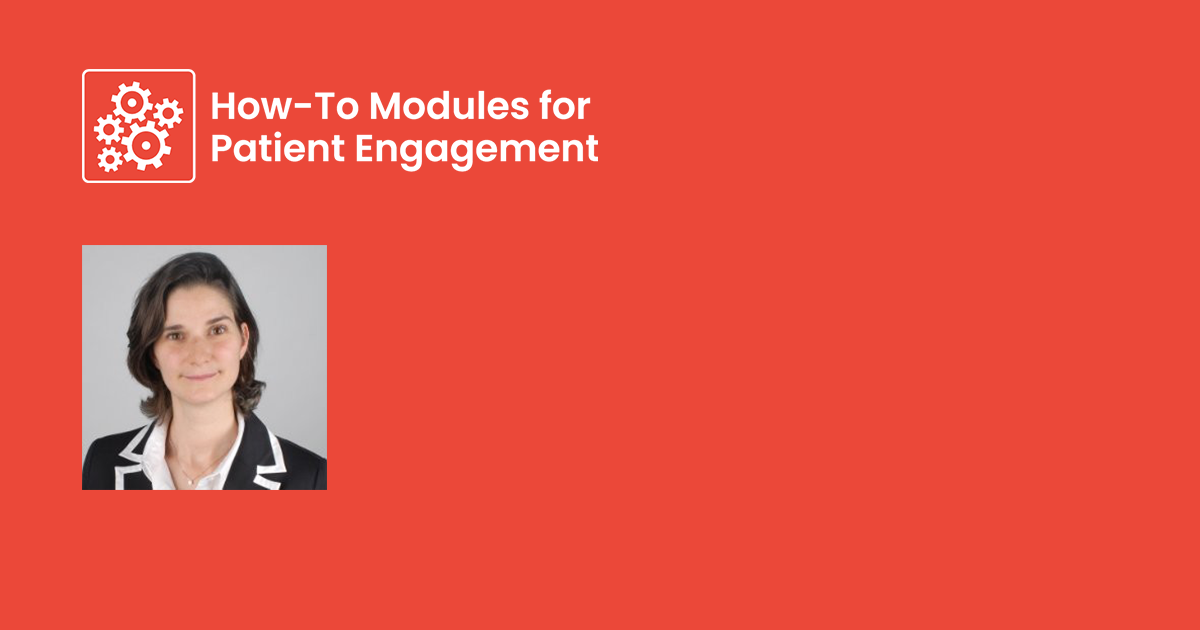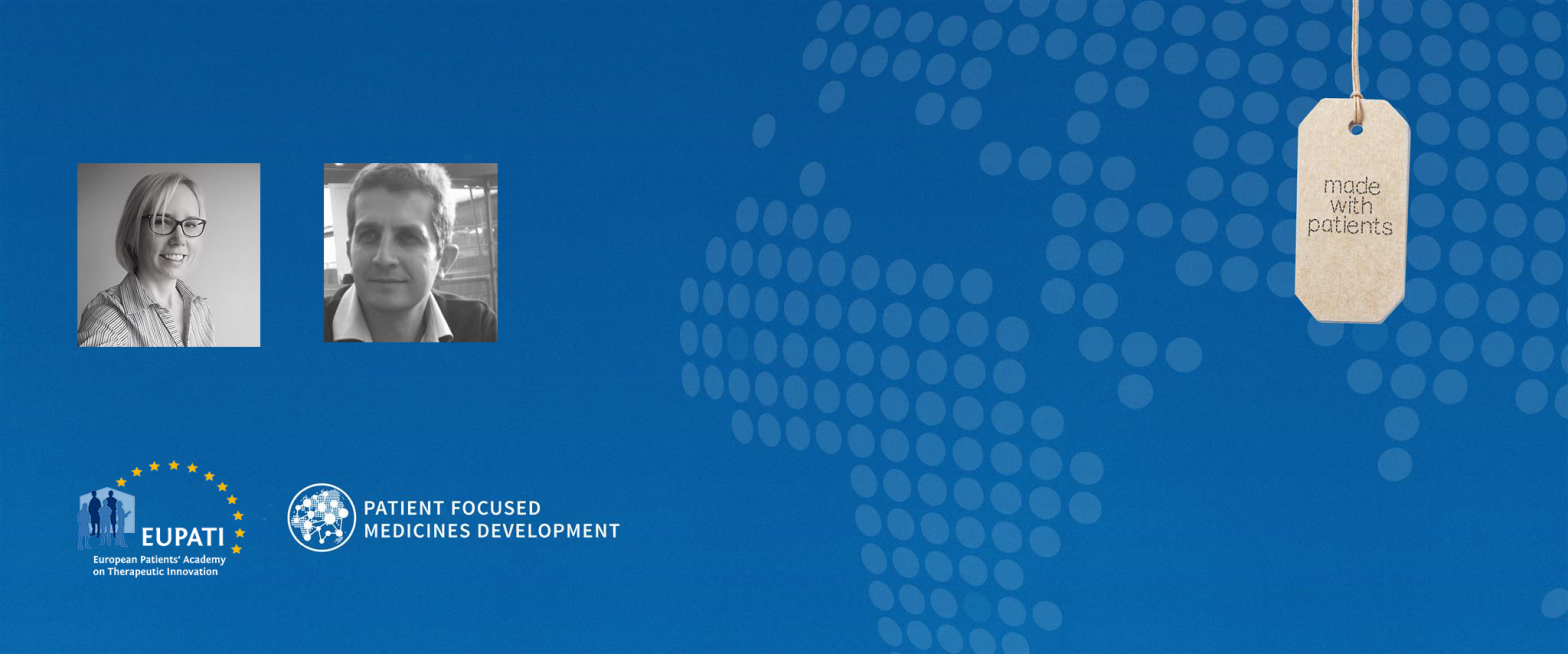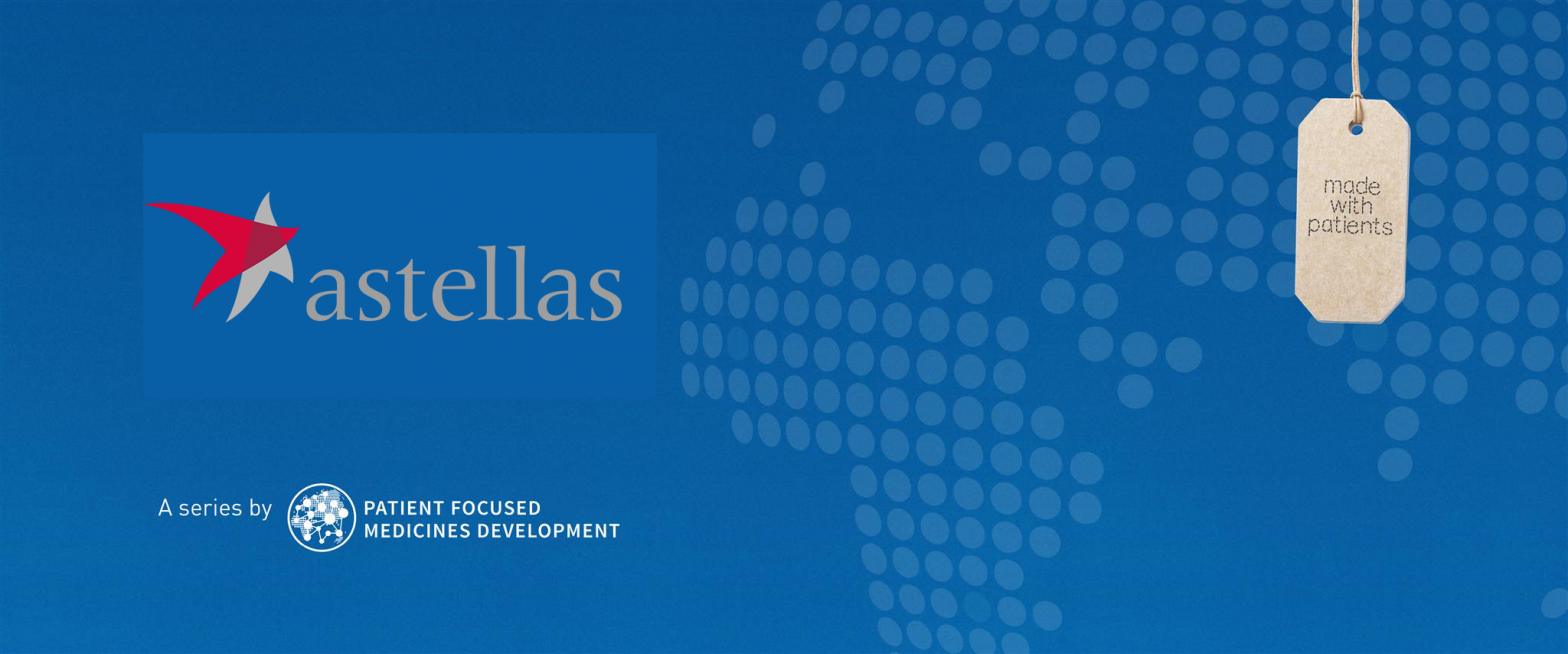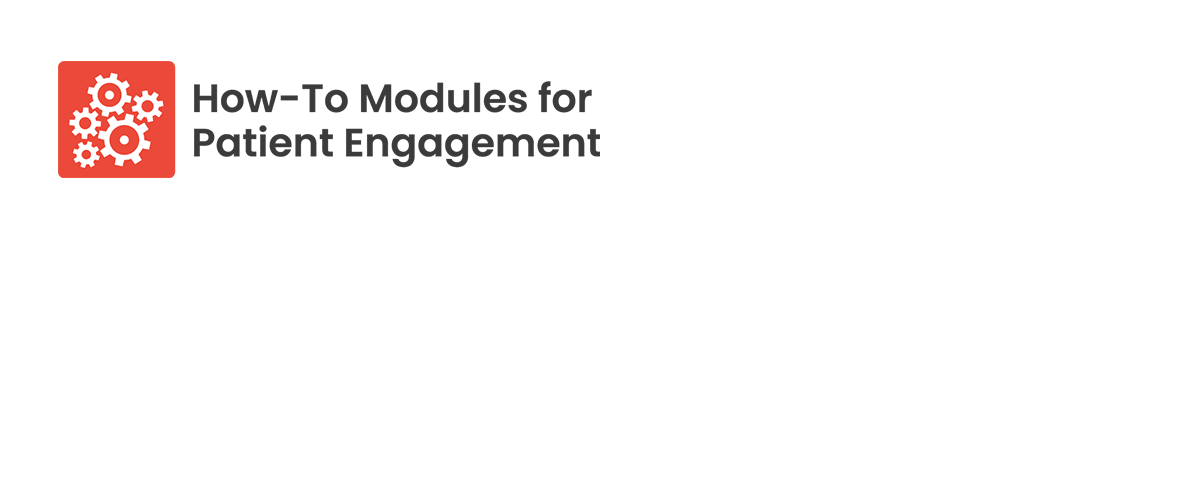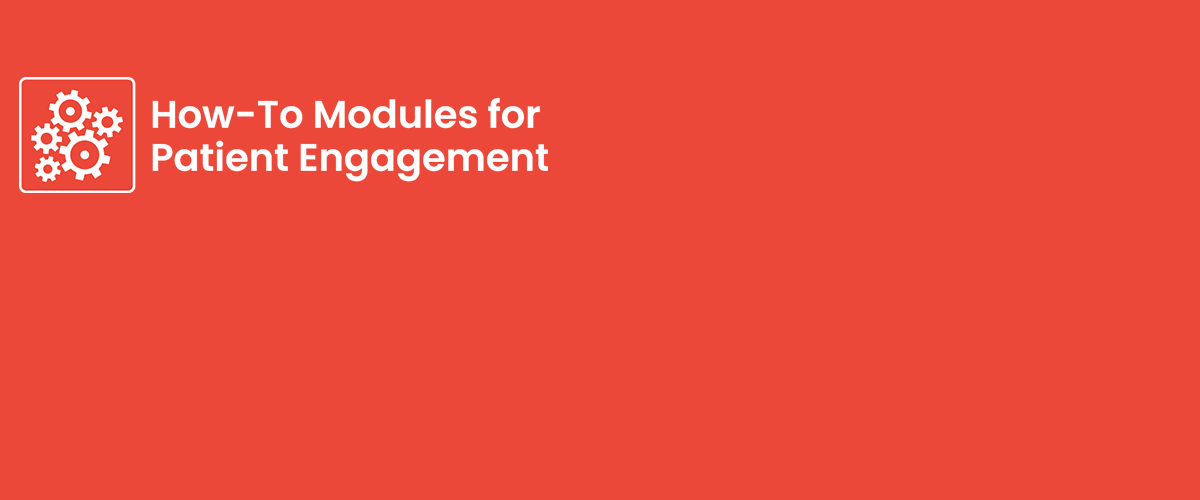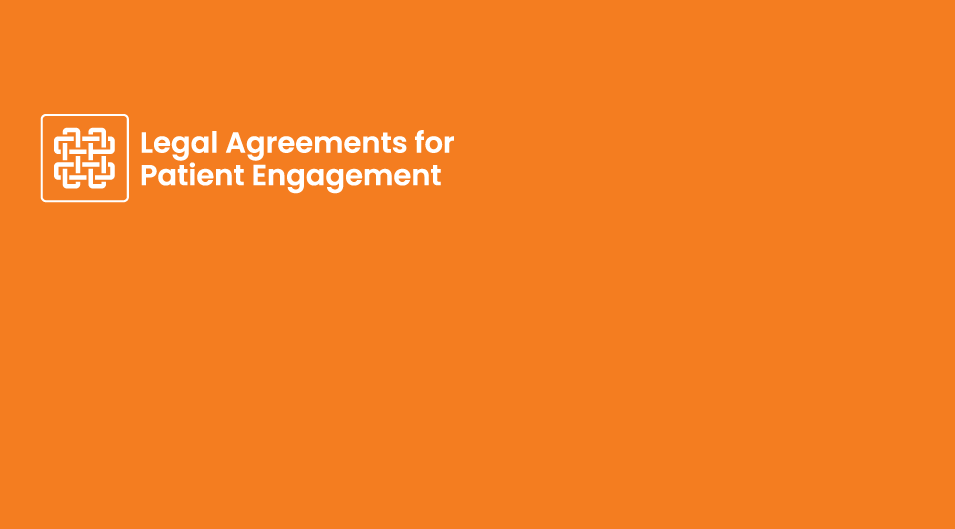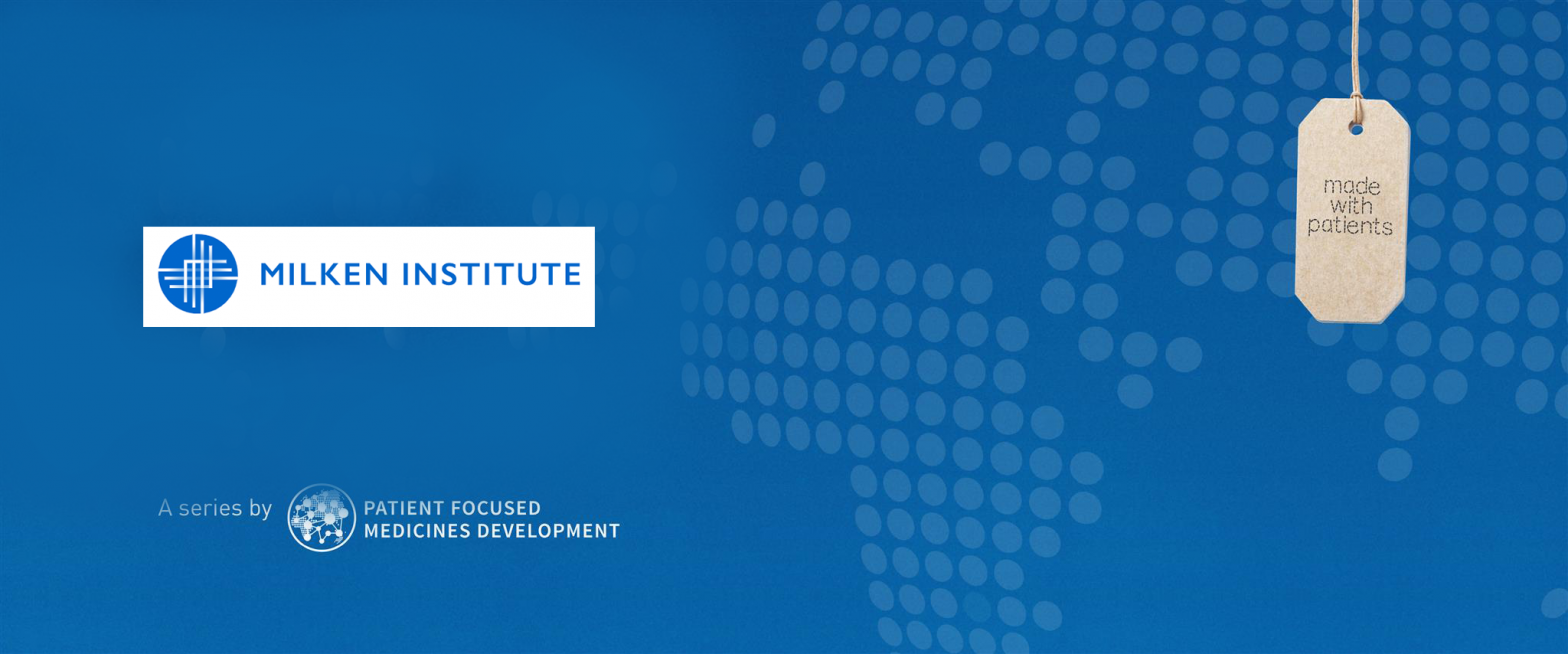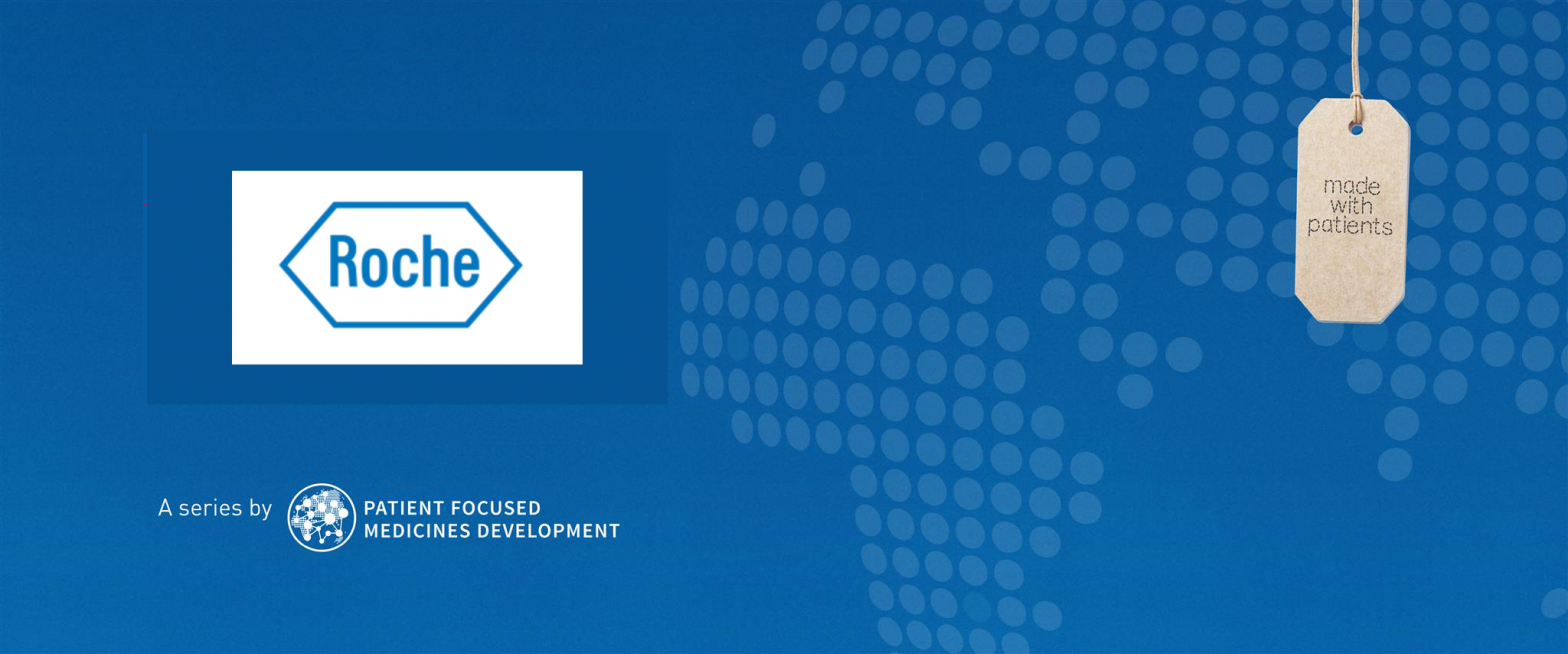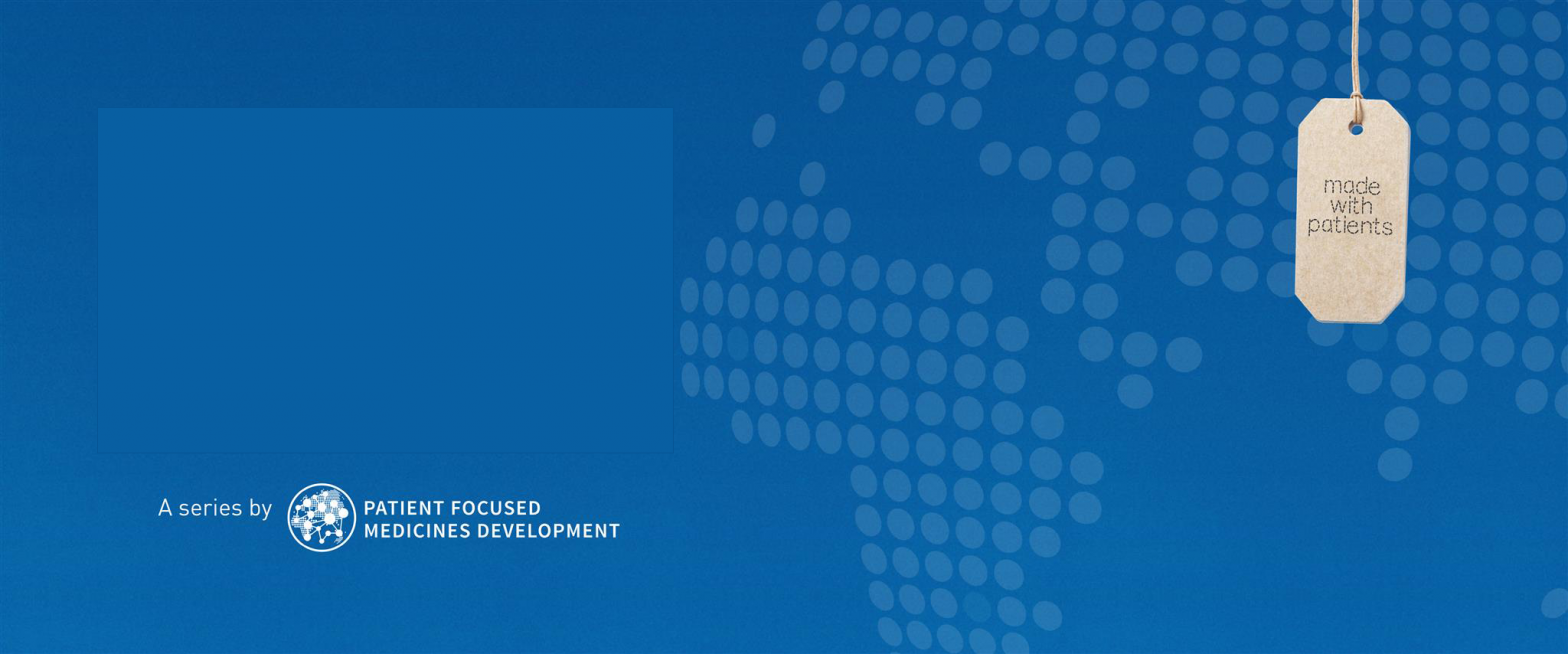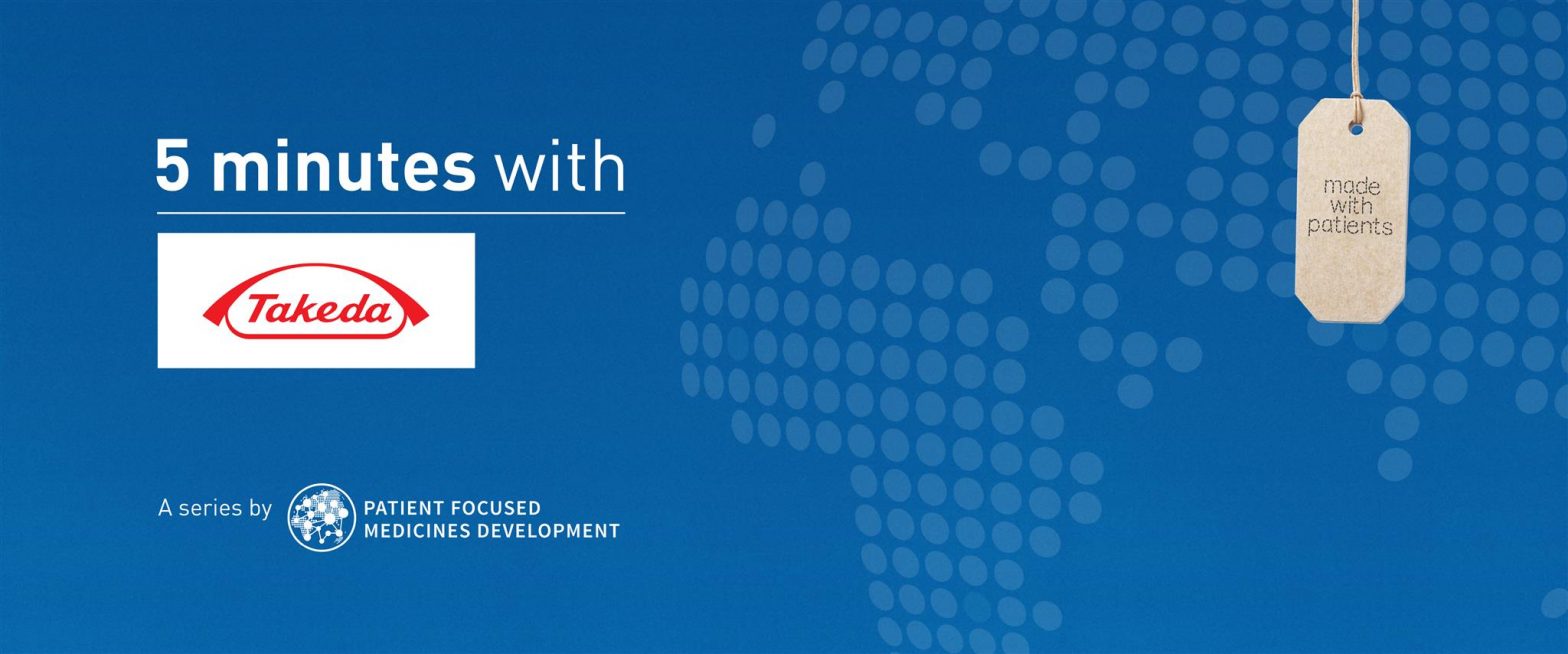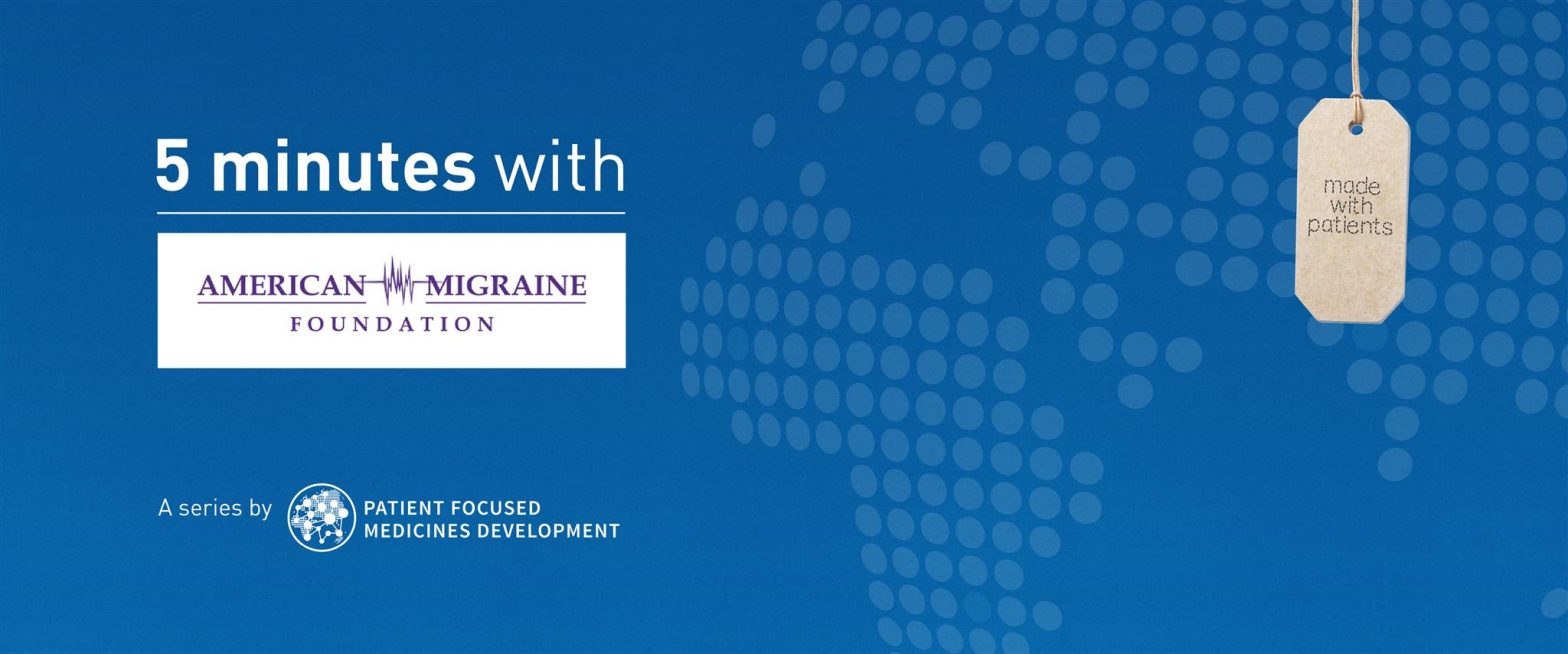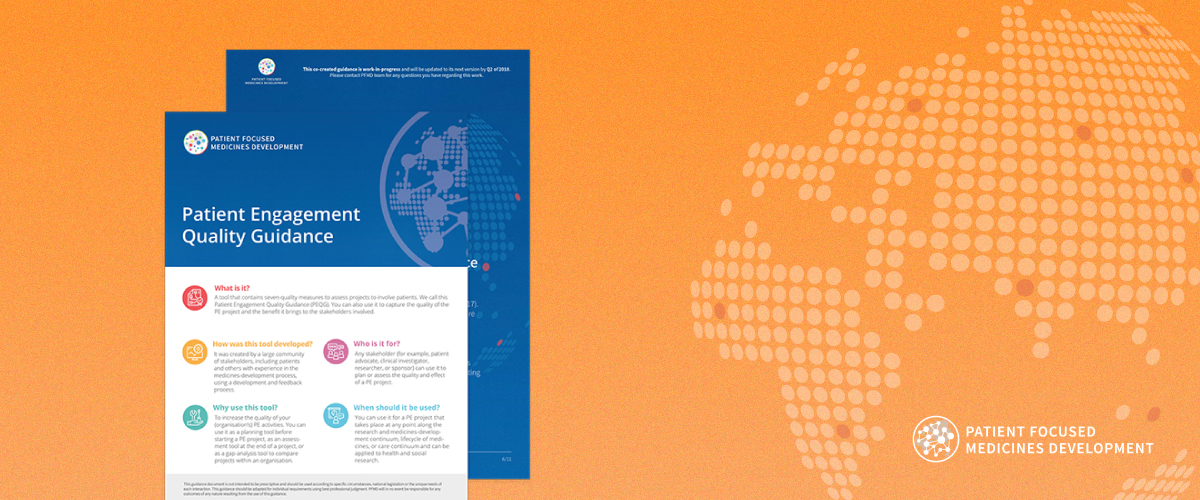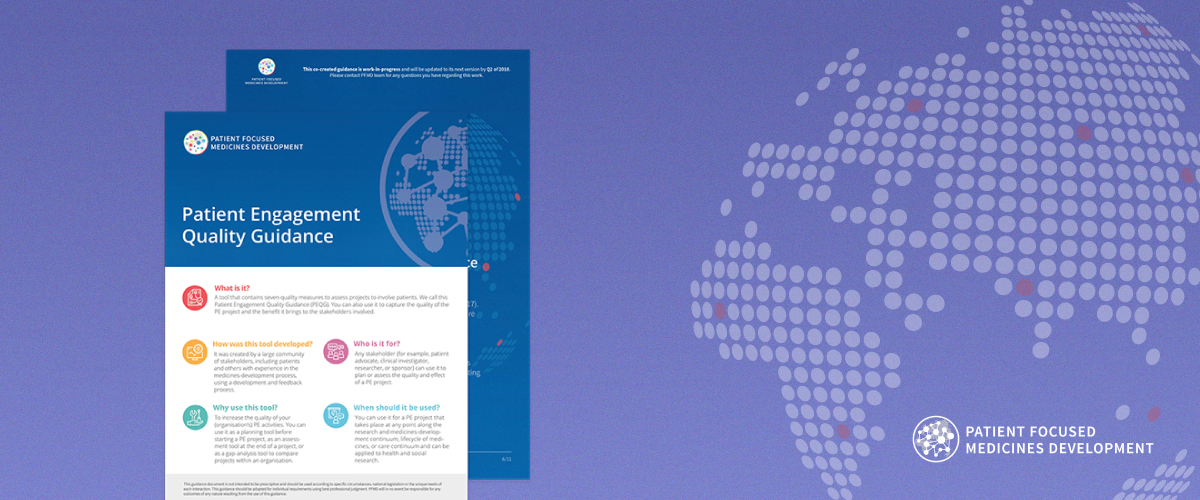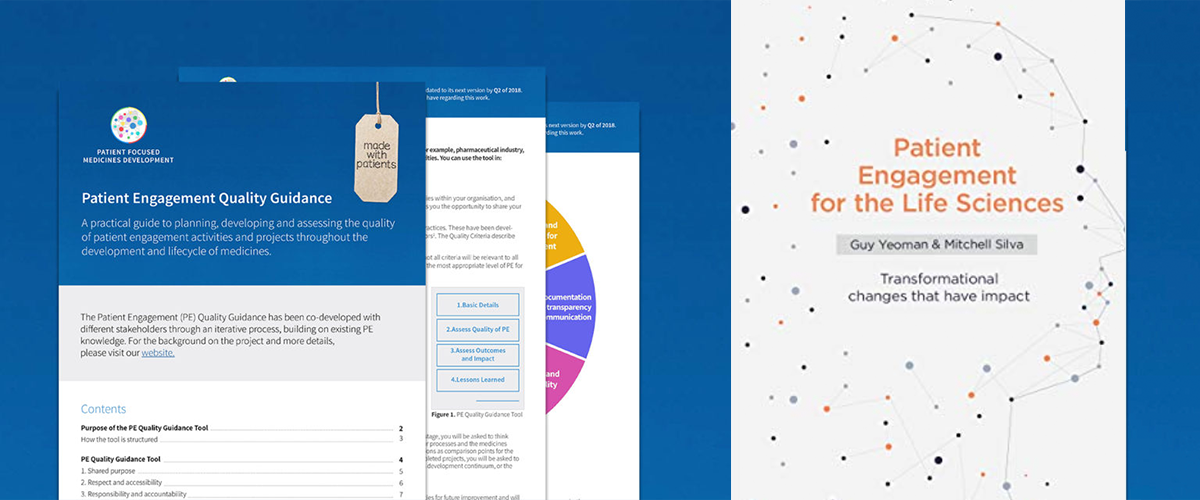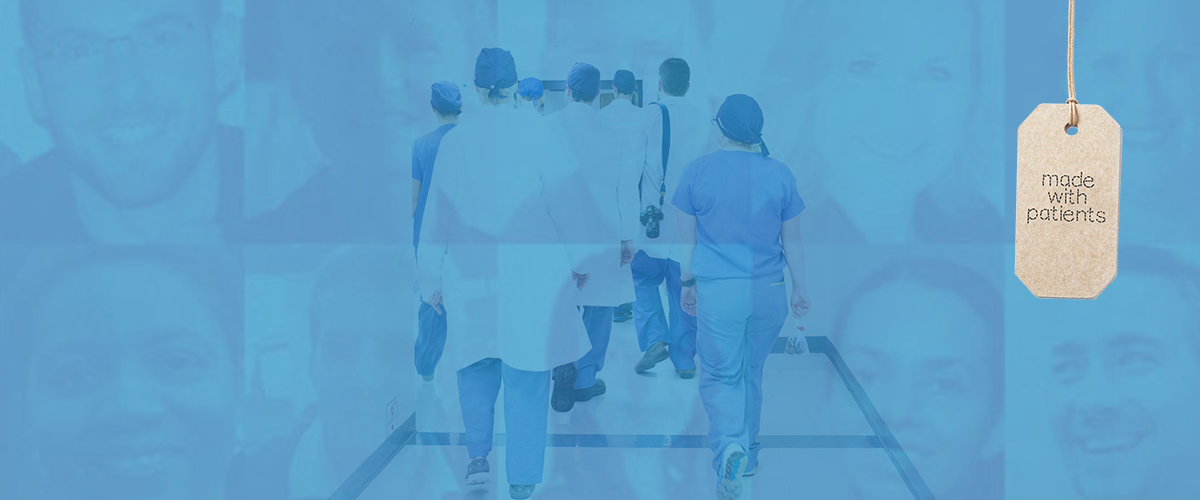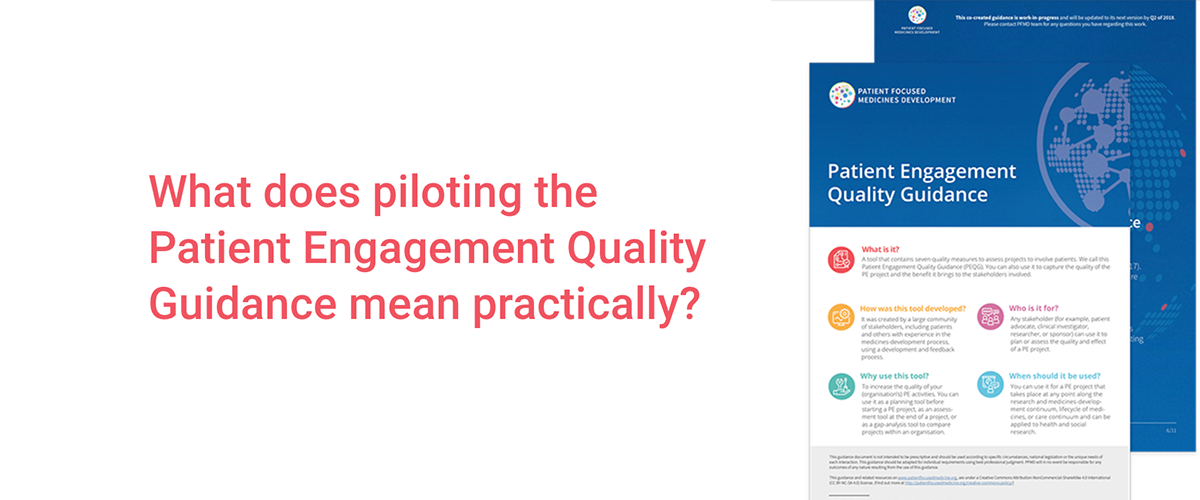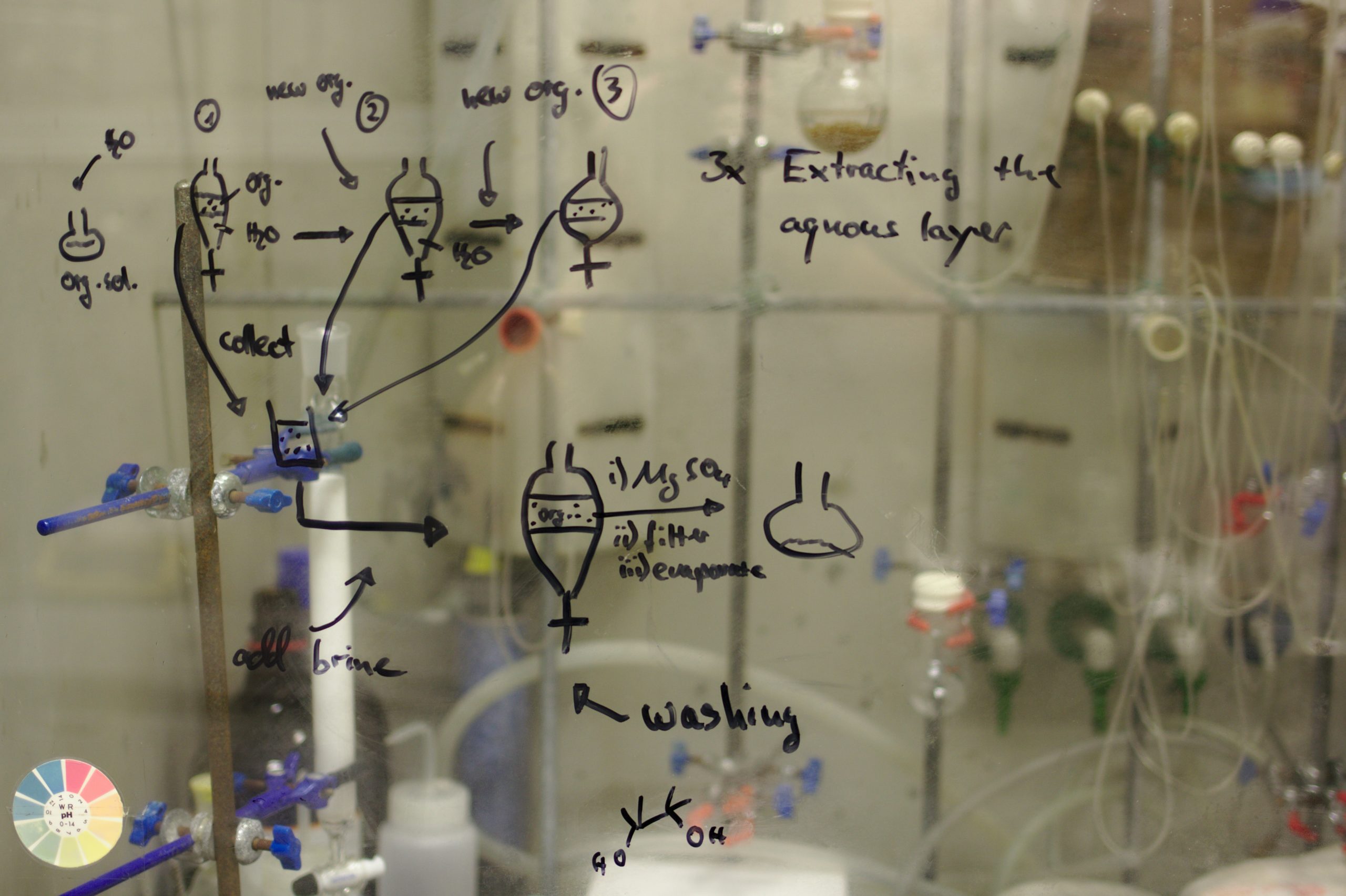As part of our series to help the patient engagement community get to know one another, we spoke to Sheila Khawaja and Muriel Marks, board members of the World Alliance of Pituitary Organizations (WAPO).
What is WAPO?
Muriel: We are an international umbrella organization for national patients’ organisations working on pituitary-related diseases. This includes conditions such as Cushing’s disease, acromegaly, diabetes insipidus, growth hormone deficiency and other pituitary disorders. Most of our board members are also involved in their national patient organizations.
In 2014, we began working on developing WAPO – connecting with patient groups in several countries and looking for funding and how to become an official organization – we were established officially in 2016. That year we held our first summit, supported by two companies and we now have six industry partners interested in helping us to raise awareness about pituitary conditions. We depend on grants from the pharmaceutical industry because most of our members do not have funds for travel and accommodation at conferences.
Sheila: I joined the WAPO board in 2016 and am still actively involved in the Italian Pituitary Association. There are nine WAPO board members and, as a not-for-profit, most work is done on a voluntary basis. I’ve spent a lot of time since then attending events – usually as a speaker or moderator – raising awareness of our young organisation.
What kind of patient engagement work do you do?
Muriel: We run awareness campaigns, publish a quarterly newsletter and host an annual summit. These present excellent opportunities for patients to share their stories and their experiences, as well as best practices learned from activities at a national level. This also helps other stakeholders to understand the patient journey. Members can share their experience of how they cope with the disease or how treatment helped them. This can help members in other countries to make the case for access to care.
Sheila: I’ve been involved in a couple of clinical trial designs and it has really highlighted how powerful the patient’s voice can be. I can also see how much stakeholders have to learn from patients and carers – not just about the patient journey but to understand that we are human beings with diverse backgrounds and lifestyles. Working with companies on trial design has also demonstrated to industry that patients can contribute significantly to reducing costs and making research more effective. Several companies are now involving patients in various activities. Times are changing.
What are WAPO’s future priorities?
Muriel: We are working on several awareness campaign for next year. For example, we are creating awareness for Cushing’s Day on April 8; Pituitary Month in October, and Acromegaly Day on November 1st.
How can working with PFMD help advance your PE goals?
Sheila: As a key participant in the creation of the PE guidebook it made me realize how complex stakeholder work and relations are and the many perspectives they must take into consideration. From a patient organization perspective, I believe it reinforced the crucial role we play in this relationship and that we have much to contribute.
What is your message to other stakeholders – including industry, regulators and policymakers – on the value of PE
Sheila: Our message is to work with us from the very early stages – not just when you don’t have enough patients for a clinical trial. When companies or others reach out to us before doing an awareness survey we can advise them on what questions to ask. This co-working approach lends itself to reciprocal learning and benefits both sides.
Stakeholder’s approaches have evolved over the last 5 years, more specifically last two years when patient-centricity was a buzzword. If they don’t hop on the bandwagon and become involved or at least really study the new approach –they will either be left behind or continue to increase their losses.
We also remind them that it’s important to consider caregivers and family members as an integral part of patients’ lives. Some people manage their journey themselves, but others cannot, depending on the seriousness of their illness. Practically speaking, if you are planning a clinical trial then it’s important to cover the costs of supporting family members – whether that’s a spouse, a parent, a sibling or someone else. Caregivers provide essential support and their experience should be considered too – they are there at every step of the journey.
5 minutes with….the World Alliance of Pituitary Organizations (WAPO)
Tags:



